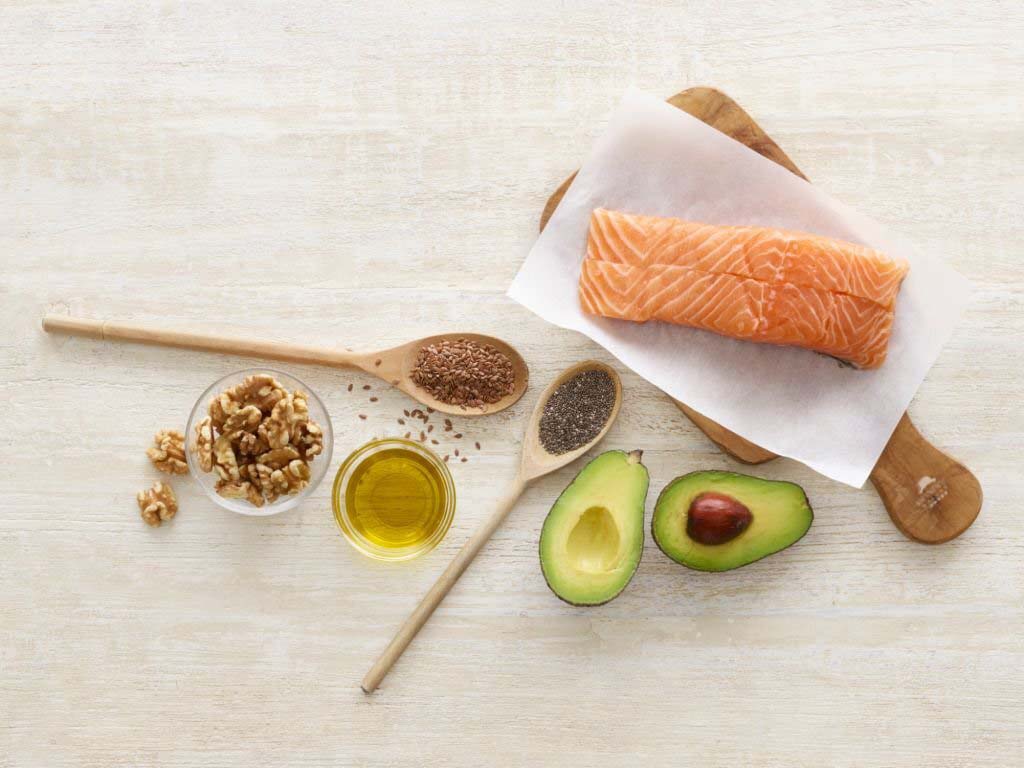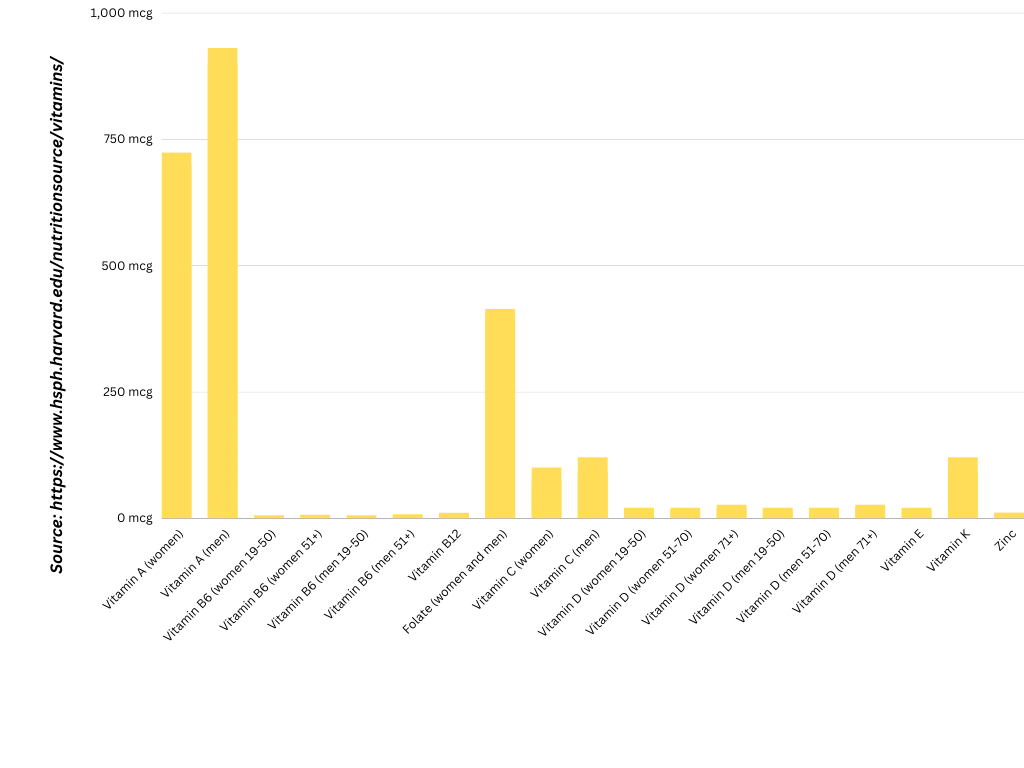This article is reviewed, corrected, and approved by: Dr. Benjamin McLean M.D. | FCPS | FRCP | MPH
When the topic comes to recovering from surgery, it's important to take proper care of your wounds to avoid infections and ensure that you heal properly. Although our bodies have a natural ability to heal themselves, certain vitamins can help enhance this process and support the body's natural repair mechanisms.
Let’s see what specific vitamins and nutrients that aid in wound healing after surgery as I will be providing you guidance on how to incorporate them into your post-surgery diet.
Understanding Wound Healing
Before we delve into the specific vitamins, let's have a better understanding of how the wound-healing process works. Many factors can affect wound healing, including size, depth, and health. Poor nutrition can hinder wound healing by impairing collagen synthesis and weakening the immune system
The Phase of Wound Healing
Wound healing typically occurs in three overlapping phases: inflammation, proliferation, and remodeling. During the inflammation phase, the body initiates an immune response to clear away bacteria and debris from the wound.
During the proliferation phase, blood vessels are developed, and collagen is produced, which is an important structural protein. The remodeling phase is when the newly formed tissue gains both strength and flexibility.
Vitamins for Wound Healing After Surgery
Let’s see what Vitamins help heal wounds
Vitamin A: Promoting Tissue Regeneration
Vitamin A is a key player in cell development and differentiation, making it crucial for tissue repair. Eventually, vitamins form new blood vessels and promote the growth of epithelial cells, which are essential for the skin's protective barrier.
This vitamin supports tissue regeneration, helping the body build new skin cells and blood vessels. Moreover, vitamin A promotes the production of collagen, enhancing the strength and integrity of the healing wound. Sources like carrots, sweet potatoes, and leafy greens in your diet can aid in promoting tissue regeneration.
B Vitamins: Boosting the Healing Process
Boosting the Healing Process The B-vitamin complex, including B6, B12, and folate, is integral to various aspects of wound healing. These vitamins facilitate the production of energy and support the immune system. Foods like lean meats, dairy products, and whole grains can provide the B vitamins needed to accelerate the healing process.
Vitamin C: The Wound-Healing Hero
Vitamin C is known as one of the best wound healers. Sometimes, it is called wound healing vitamins. This powerful antioxidant vitamin plays a fundamental role in collagen synthesis, which forms the scaffolding for new tissue.
C vitamins are good for skin healing; this vitamin helps fight infections and heal wounds. Aim for the recommended daily intake of 75–90 milligrams for adults. Citrus food contains most vitamin C.
Vitamin D: Regulating the Immune System
Vitamin D is essential for bone health, wound healing, regulating the immune system, and reducing inflammation to aid healing and prevent complications. This vitamin regulates the immune system and has anti-inflammatory properties, promoting proper healing and reducing the risk of complications.
We get most of our vitamin D from the sunlight, although egg yolks and fatty fish are also good sources of vitamin D. If adequate exposure to sunlight is not possible, vitamin D supplements may be considered. Here is a list of 3 Best Vegan Vitamin D3 Supplement that you can try to boost your vitamin D content.
Vitamin E: Protecting the Wound
Vitamin E is widely recognized for its antioxidant properties, which make it valuable for wound healing. Antioxidants and vitamin E aid in efficient wound healing by protecting cells and reducing inflammation. Include foods like nuts, seeds, spinach, and avocados in your diet to increase vitamin E intake and support healing.
Vitamin K: Keeps Your Blood Clots Healthy
A wound healing process relies on blood clotting, which is a vital component of vitamin K. It helps activate proteins involved in coagulation, preventing excessive bleeding and promoting the formation of a stable blood clot.
Without adequate vitamin K, the wound healing process may be compromised. Broccoli, spinach, and kale can help with wound healing because they contain vitamin K.
Zinc: Essential Mineral for Wound Healing
Zinc is an essential mineral that plays a central role in cell division and protein synthesis. Ensuring an adequate intake of zinc through sources like seafood, nuts, and legumes can significantly contribute to wound healing.
To ensure sufficient zinc intake, include foods such as oysters, beans, beef (not the fatty ones), chicken, nuts, and whole grains in your diet. Nonetheless, it is crucial to avoid surpassing the suggested daily dosage since consuming too much zinc could disrupt the assimilation of other vital minerals.
Other Essential Nutrients for Wound Healing

In addition to the vitamins mentioned above, several other nutrients are vital for optimal wound healing. Fatty fish, chia seeds, and omega-3 fatty acids possess anti-inflammatory properties that would speed up the healing process.
Iron, obtained from lean meats, poultry, legumes, and leafy greens, is crucial for supplying oxygen to healing tissues. Lastly, Selenium, present in Brazil nuts, seafood, and grains, is an antioxidant that promotes tissue repair.
Avoiding Common Mistakes

When it comes to vitamins and nutrients, it's essential to strike a balance. Here are a few common mistakes to avoid:
Excessive Supplementation: While vitamins play a crucial role in wound healing, excessive intake can have adverse effects. Stick to the recommended daily allowances unless otherwise advised by your doctor.
Neglecting a Balanced Diet: Do not solely rely on supplements; prioritize foods that provide nutrients. Try to eat Protein; food contains vitamins and fluid.
Foods to avoid during wound healing: Try to avoid this food after surgery and promote early recovery.
- Sugary food
- High sodium foods
- Fatty red meat
- Processed food
- Spicy food
- The food you might be allergic to
Lifestyle and Habits Promote Healing Process
In addition to a nutrient-rich diet, certain lifestyle factors can promote efficient wound healing:
- Adequate Sleep: Getting sufficient rest allows your body to allocate resources to the healing process.
- Hydration: Drinking enough water ensures proper circulation and keeps cells hydrated.
- Regular Exercise: Following the exercise routine suggested by a physician can do wonders for your body. It can help enhance blood flow and accelerate the healing process. Keep up the good work!
- Stress Management: Chronic stress can slow down healing, but joyful activities like meditation, deep breathing, and hobbies can help.
Monitor Your Healing Progress
Monitoring your healing progress and recognizing any complications is essential during your healing journey. Look out for signs of successful wound healing, such as reduced pain, decreased redness and swelling, and the formation of a scab or new skin. However, if you notice persistent pain, increased redness or swelling, pus, or any other concerning symptoms, seek medical attention promptly.
Conclusion
To help your body heal properly after surgery, it's essential to consume healthy foods that contain vitamins and nutrients. By eating nutritious foods that contain these vitamins, you can give your body what it needs to heal faster. A balanced diet is key, so be sure to eat a mix of different foods to help support your body's natural healing process.
FAQs (Frequently Asked Questions)
Q: Can smoking affect wound healing?
Ans: Smoking can slow down wound healing. Quitting smoking before and during the healing period is recommended.
Q: When should I see a doctor for wound healing after surgery?
Ans: If you notice any concerning symptoms, such as persistent pain, increased redness or swelling, pus, or signs of infection, it's important to seek medical attention promptly.
Q: Is mulberry vitamin C are good for wound healing?
Ans: Yes, mulberries are a good source of vitamin C, and it can contribute to wound healing.


